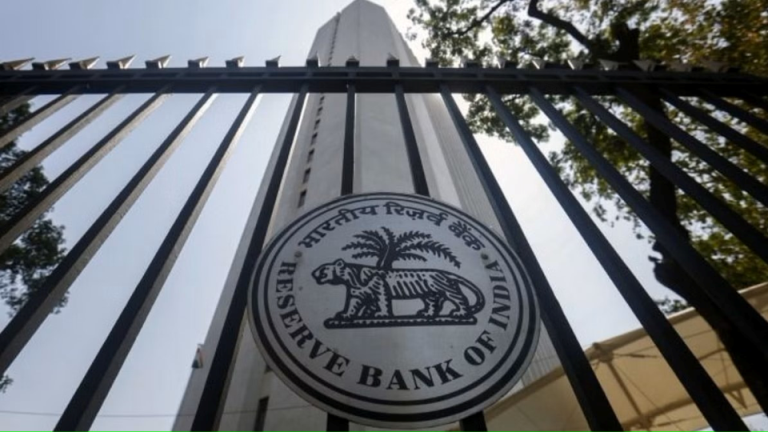Climate Change is hampering all aspects of human life and the world economy at a faster rate. Though at the world forum, several measures have been taken and India is one of the key members to implement those on the ground in the first place. Still, climate change is a shared responsibility and thus everyone across the sectors needs to take measures to drive the global as well as India’s economy towards sustainability.
In this regard, to contribute more and get benefit from the world’s best practices to mitigate environmental and climate risk in the banking and financial sector, India has joined the international group of Central Banks and Supervisors through the “Network for Greening the Financial System” (NFGS). This voluntary membership will give the Indian banking sector, a global platform to join the efforts in Climate Finance.
Over time, the Reserve Bank of India (RBI) has acknowledged giving due importance to climate-related financial disclosures by Indian companies along with the availability of private green finance. This will strengthen the economy to combat with rising threats of climate change and move towards a sustainable economy by training these companies from different sectors of the economy about climate change risk, green financing, and its related tools and methodologies.
As per the report estimates by the World Bank, India can lose around 2.8% of its Gross Domestic Product (GDP) by 2050 due to rapid climate change. To adjust this loss and achieve its target outlined in Nationally Determined Contribution (NDCs) under the legally binding Paris Agreement of 2015 to cut out emission levels and adapt to changing climate impacts, RBI is now gearing up for greening India’s banking and financial system. This will also provide momentum to the government’s policy support toward a green and sustainable economy through the promotion of renewable energy sources, e-mobility, etc.
This can further be achieved in letter and spirit through coordinating actions of the Indian government’s green financial policy regulations along with the close monitoring and standardization of the process by RBI. It demands a transformational policy shift to move major investments toward climate finance and help Indian companies to cope with the ongoing as well as upcoming physical and transitional risks related to climate change.

